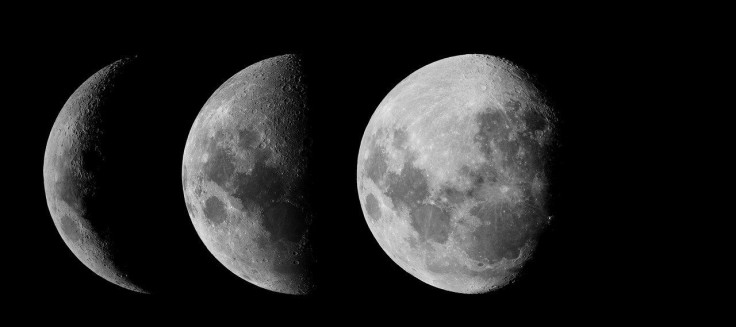Lunar Effect: Phases Of The Moon Could Be Affecting Your Sleep, Study Finds
KEY POINTS
- There are a lot of beliefs on how the moon can affect human health and behavior
- A team of researchers found evidence of how the moon phases can affect our sleep
- They found a moon-related sleep pattern that exists regardless of whether people live in rural or urban settings
Can the moon really affect humans? According to a new study, the phases of the moon can actually influence people's sleep patterns, with people sleeping later when the full moon is about to come.
There are many long-standing beliefs on how the moon can affect human health and behavior, from causing the so-called "lunar lunacy" to affecting menstrual cycles. Although many of them have been dismissed as myths, there is one thing that appears to have a legitimate correlation to moon phases: sleep. In fact, the researchers of a new study found evidence of how the phases of the moon may actually affect human sleep.
For their study, published in the journal Science Advances, researchers from the University of Washington, the National University of Quilmes in Argentina and Yale University observed the sleep patterns of 98 people living in the Toba-Qom indigenous communities in Argentina using wrist monitors.
Among the three groups, one was in a rural setting with no access to electricity, another was also in a rural community with limited access to electricity, while the third group was in an urban setting with full access to electricity.
During the 29.5-day lunar cycle, the researchers found that the participants actually tended to sleep later and for a shorter amount of time in the three to five days leading to the full moon. Although the moon-related sleep pattern was more pronounced in the communities with no access to electricity, overall, the researchers observed it in all the groups, the University of Washington news release explained.
People's environments could be as different as living in the city in the U.S. and living in an indigenous community, but the researchers still observed the pattern. When the researchers analyzed the sleep recordings of 464 students from the University of Washington, their results actually aligned with the results of their study involving Toba-Qom participants.
"Together, these results strongly suggest that human sleep is synchronized with lunar phases regardless of ethnic and sociocultural background, and of the level of urbanization," the researchers wrote in the study.
What could be the reason behind this odd pattern? It's possible that it is because of the availability of moonlight during the early night, the researchers said. After all, artificial light also has a similar "sleep-inhibiting" effect. However, there could be some other factors since it also affects the participants in the city who may not even be aware of the amount of moonlight on a particular evening.
Perhaps, the researchers suggest, it could be a result of the moon's gravitational pull.
"In general, there has been a lot of suspicion on the idea that the phases of the moon could affect a behavior such as sleep — even though in urban settings with high amounts of light pollution, you may not know what the moon phase is unless you go outside or look out the window," study lead author Leandro Casiraghi of the University of Washington said in the university news release.
"Future research should focus on how: Is it acting through our innate circadian clock? Or other signals that affect the timing of sleep? There is a lot to understand about this effect," he added

© Copyright IBTimes 2024. All rights reserved.






















